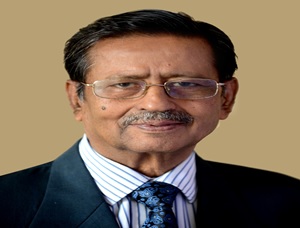

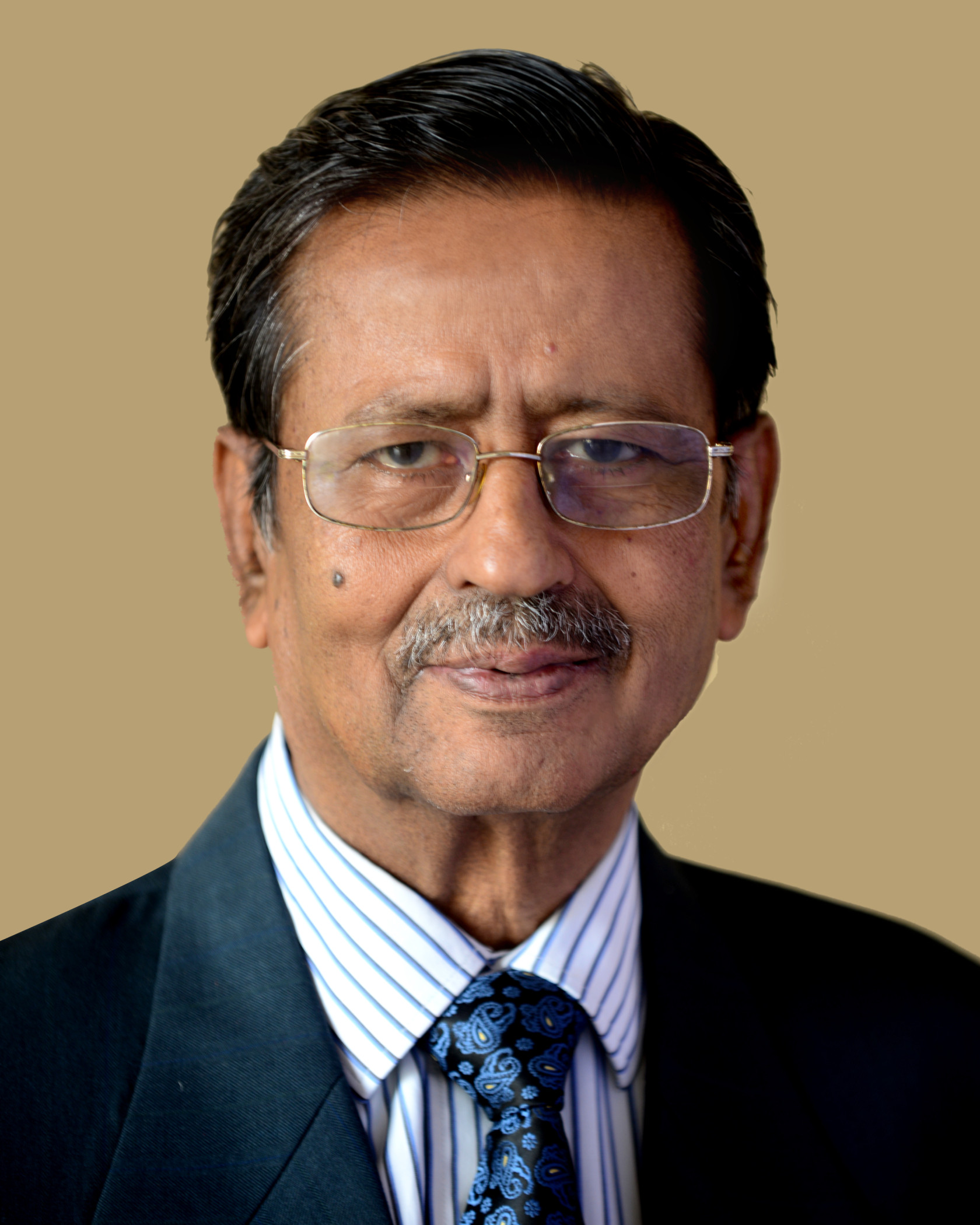
Prof. Arunaditya Sahay
Dean (Research)
Professor of Strategic Management, BIMTECH (View Full Profile)


On May 30, I was viewing the news on TV expecting the announcement for Lockdown 5.0. The news came; the newsreader was announcing the details of lockdown 5.0. Listening to him, I got confused, whether it was extension of the lockdown or relaxation in it. As the details started coming, I felt that unlocking had started. The next day, I got a communication on WhatsApp attaching therewith the “Guidelines for Phased Re-opening (Unlock1)” duly signed by the Union Home Secretary, Ajay Bhalla.
The message was loud and clear. In India, lockdown was going to be unwound, that is, unlocking was to be started that will put life, society and economy back on track. The central government had issued ‘Unlock 1’ guidelines which allows a phased re-opening of most activities across the country. However, the lockdown was extended in containment zones for another month stretching till June 30. The guidelines have also cut down the night curfew hours nationwide. From June 1, it will be from 9 pm to 5am (7 pm to7 am till date), thus, increasing freedom by 4 hours. Though the relaxation was necessary, one wonders, how wise it is, keeping in view rising Covid19 cases and death related to the disease.
The unlocking will be implemented in three phases. In the first phase effective from 8 June, 2020, religious places and places of worship lime mandir (temple), masjid, gurudwara and church will be opened for public. The details of the process for opening have still to come from the government. The hotels, restaurants and other hospitality services will also be partially opened.
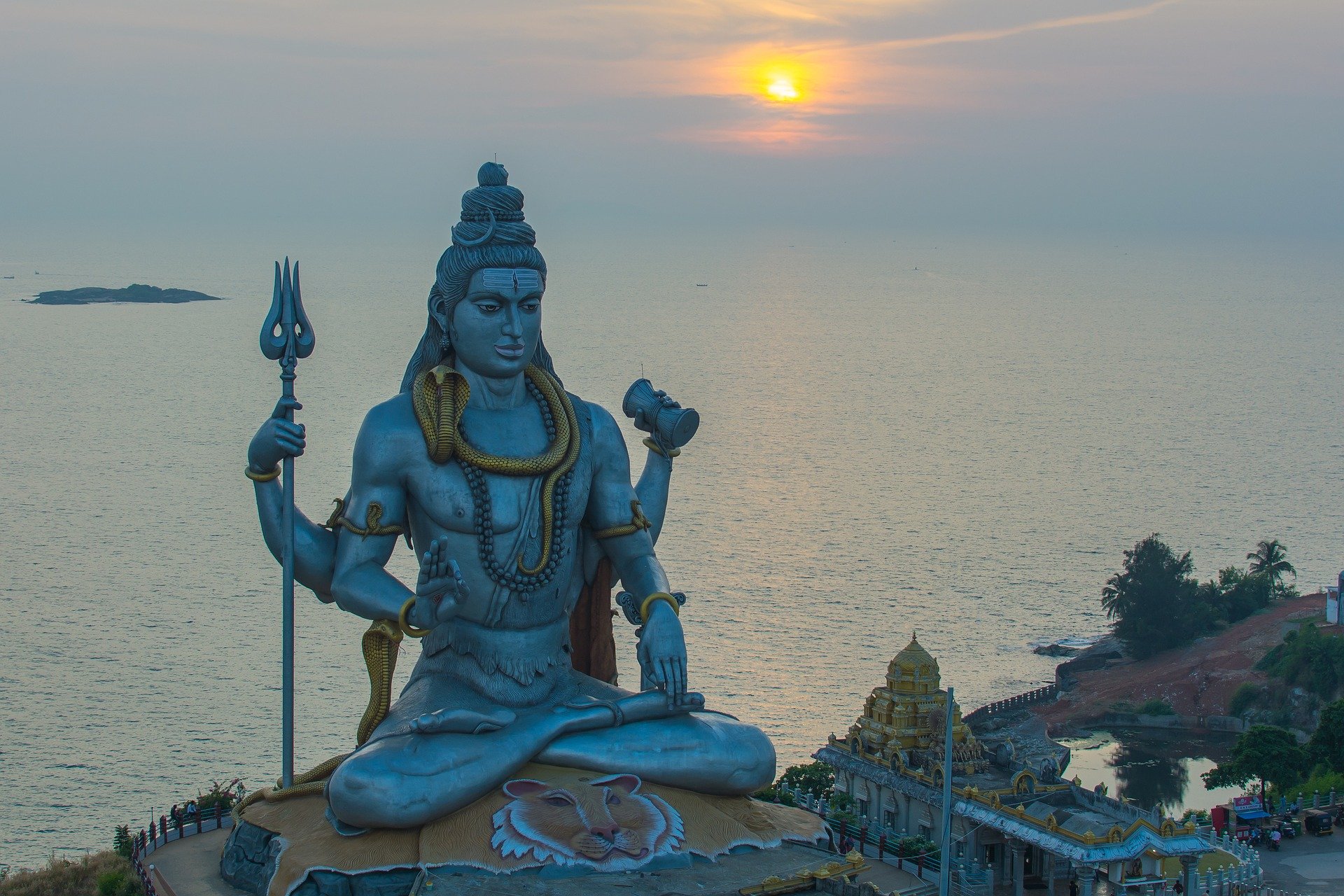
The public has yet another welcome decision of opening of the shopping malls. In regard to the above unlocking, Ministry of Health & Family Welfare has been asked to issue Standard Operating Procedures (SOPs) in consultation with other Central Ministries and Departments concerned. They will also consult all other stakeholders in this regard. However, the ‘Mulmantra’ of ensuring social distancing has been stressed as this is the most effective method of containing the spread of Covid19 till a successful vaccine appears on the scene.
Even the unrestricted movement of goods and persons between states and within states will be allowed during this phase. However, the States and Union Territories (UT) have been given the freedom to prohibit certain activities or put suitable restrictions if, according to them, it is necessary for containment of the Covid19 outbreak.
The second phase unlocking will take place in the month of July, 2020. In this phase, which is quite challenging in terms of social distancing, schools, colleges, educational, training and coaching institutions will be opened. This will be done in consultation with the States and UTs. They, in turn, will be required to hold consultations not only at the institution level but also with parents and other stakeholders and provide feedback to the Centre.
Based on the outcome of these discussions, the decision on the re-opening of the institutions will be taken. Opening of such institutions is going to be quite tricky as lakhs of youth will be affected by this decision. In addition, one wonders, how many institutions have the infrastructure to deal with the situation arising out of unlocking, especially in regard to maintaining social distancing. Fully residential institutions have to make special arrangements for social distancing both in classrooms and student residences.
However, quite a few of the activities including international air travel of passengers; operation of Metro Rail; film showing in cinema halls, working of gymnasiums, opening of swimming pools, entertainment parks, theatres, bars, auditoriums, assembly halls and similar places will remain prohibited.
Even large congregations including social, political, sports, entertainment, academic, cultural and religious functions will not be allowed during this phase. These activities will be considered in phase 3. Decisions on these have to wait because maintaining social distancing is a nightmare during these activities. The government wants to see the results of the phase 1 phase 2 of unlocking, make an assessment of the situation, and then only take a prudent decision.
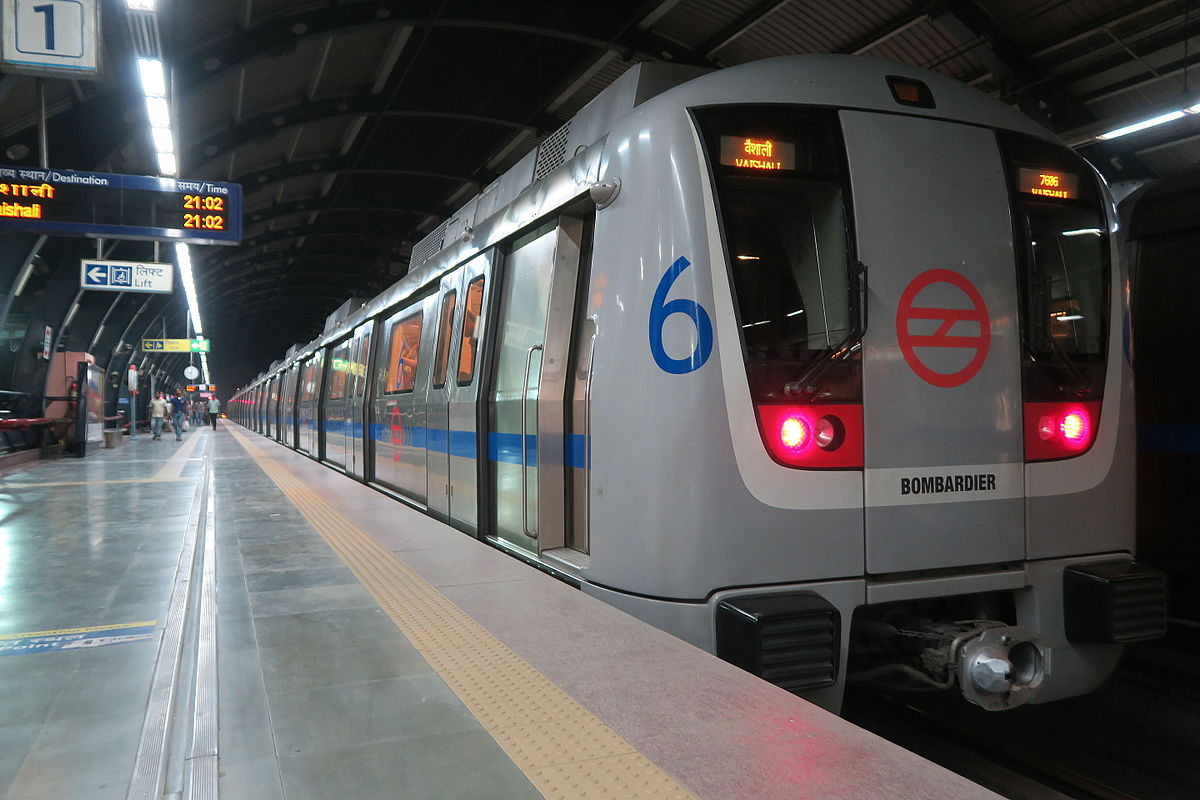
Irrespective of which phase of unlocking it is, there will be strict lockdown in containment zones all over the country. The containment zones will be demarcated by the State and UT Governments. While deciding about containment zones, they have to abide by the guidelines issued by the Health Ministry. Once an area falls in the containment zone, strict perimeter control will have to be maintained. Only essential activities be allowed; people in containment zones will neither be allowed to move out nor move in. In this regard, States and UTs have been given freedom to also decide and declare buffer zone which is the areas abutting containment zone. Restrictions, as felt necessary, in such areas can be imposed by the State and UTs.
Despite these guidelines, there remains a confusion about allowing inter-state movement though there is clarity about intra-state movement of persons and goods. This is on account of the contrary guidelines. On one hand, Ministry of Home Affairs state that no separate permission/approval/e-permit would be required for such movements, on the other hand, it gives freedom to States and UTs to decide on such public movement. The guidelines say, “If a State/ UT, based on reasons of public health and its assessment of the situation, proposes to regulate movement of persons, it will give wide publicity in advance.
The publicity material must highlight the restrictions to be placed on such movement, and the related procedures to be followed.” Further, no relaxation has been given to the elderly, pregnant women, and children; they have been advised to stay home and increasingly use the Aarogya Setu App, thus, lockdown continues for them though it is in their own interest.
A week has gone by after the Unlock 1 was initiated, the public behaviour remains the same as in previous lockdowns. People at large, do not understand the difference; whether it is extension of lockdown or unlocking. They are expected to do the same things – use face masks, maintain social distancing and exercise personal hygiene. Though spitting and consumption of alcohol and tobacco in public places remains punishable, people are still committing these offences as before either because of unawareness or leniency by the State.

Though the Ministry of Home Affairs has permitted companies to open except those in containment zones, both the management and the workers are struggling to figure out the requirements of working from home, sanitising premises regularly, staggering work hours and mandatorily doing thermal scanning.
Lockdown 5 or Unlock 1, as it is officially known, has made no change in the Standard Operating Procedure for movement of migrant workers. In fact, some of them may now want to come back to work from their home where they had been recently moved. Operation of domestic flights, too, is not affected with newly issued guidelines. Indians stranded abroad, foreign nationals stuck up in India and seafarers will remain where they are. Thus for some, it may be lockdown extended while for some others, it may be the new era of unlocking.
During the lockdown and unlocking, though the states behaved differently, the common theme remained that of economy taking a nosedive; people getting unemployed; farmers and industry finding lack of labour. In fact, farmers from Punjab have sent buses to UP and Bihar to get back the labour who had deserted because of the pandemic. The industry may soon follow the line in order to start their operations or to boost the capacity.
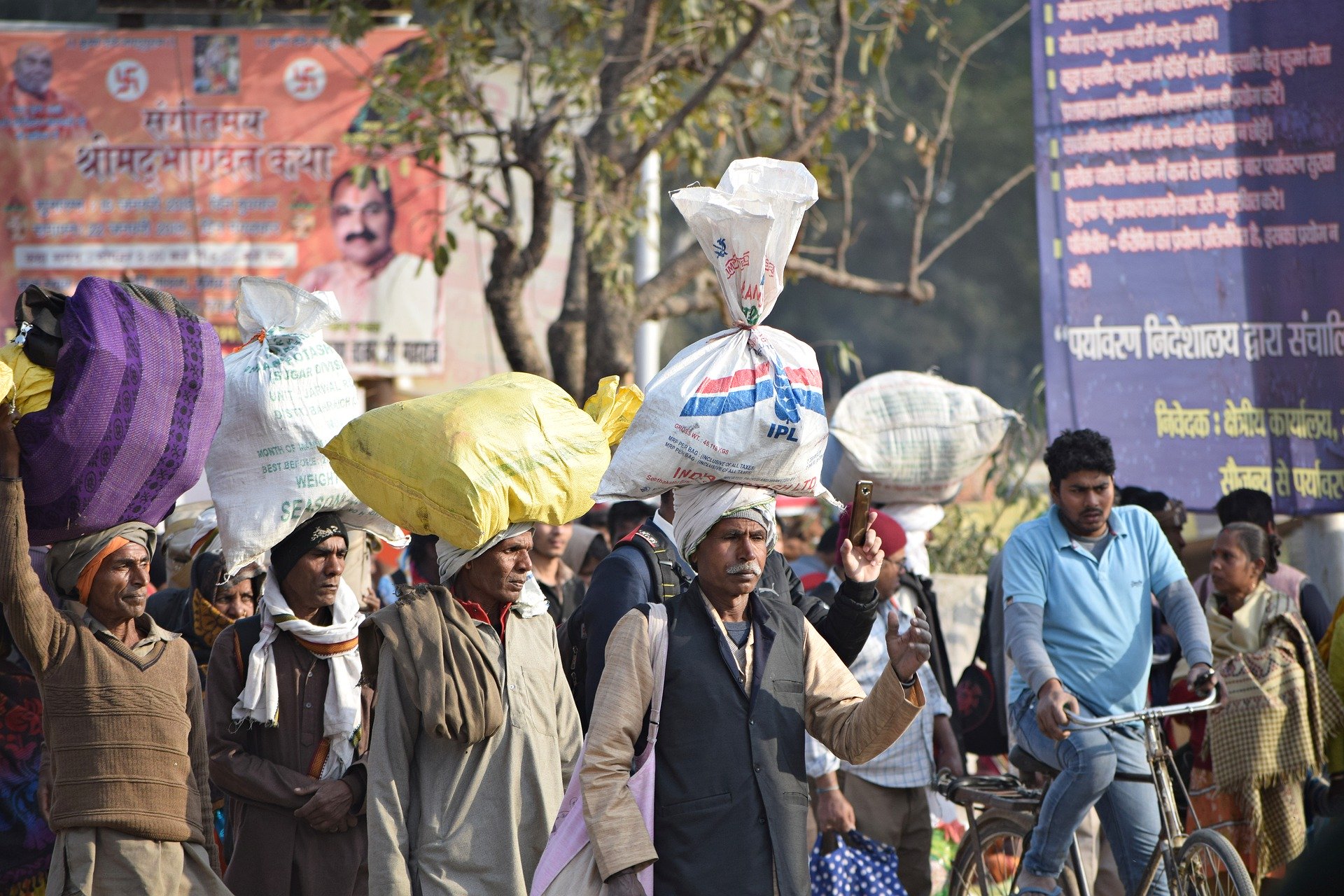
Though the market is giving positive signal as the Sensex is going up, the Covid19 shock of mass unemployment, falling incomes, and bankruptcy are matters of concern. In some quarters one hears the Darwinian theory of the survival of the fittest, but such a theory should not be entertained by anyone in the nation, in Covid19 days. People need help from each other apart from the government and NGOs.
This is a time when all of us need compassion for our fellow citizens, especially weaker sections of the society. On the contrary, some state governments, in connivance with the industry, are bringing a policy that reduces the rights of workers. We must question, who will benefit if employers are given even more freedom to hire and fire? The problem is not in the existing laws; it is in its implementation. There are persons/organizations who have partisan mind-set, who believe in and advocate such reforms.
In this regard, I would like to quote the Bain and Company’s report after an objective study of enterprises in India. The study, which was commissioned by the then Planning Commission to test the hypothesis that “the long-term performance of those companies, in which employees are treated as long-term assets, must be better than companies’ who consider workers as burdens and as costs to be adjusted whenever sales drop.” In this study, the Bain and Company compared companies with their peers in the same industries. The study had validated the hypothesis. The employers, therefore, look after their employees in their own long-term interest whether in lockdown or during unlocking. Such an approach is in the interest of all, the employers, the employees and the consumers.
#Unlock2.0 #Covid19 #CoronaVirus #Lockdown










